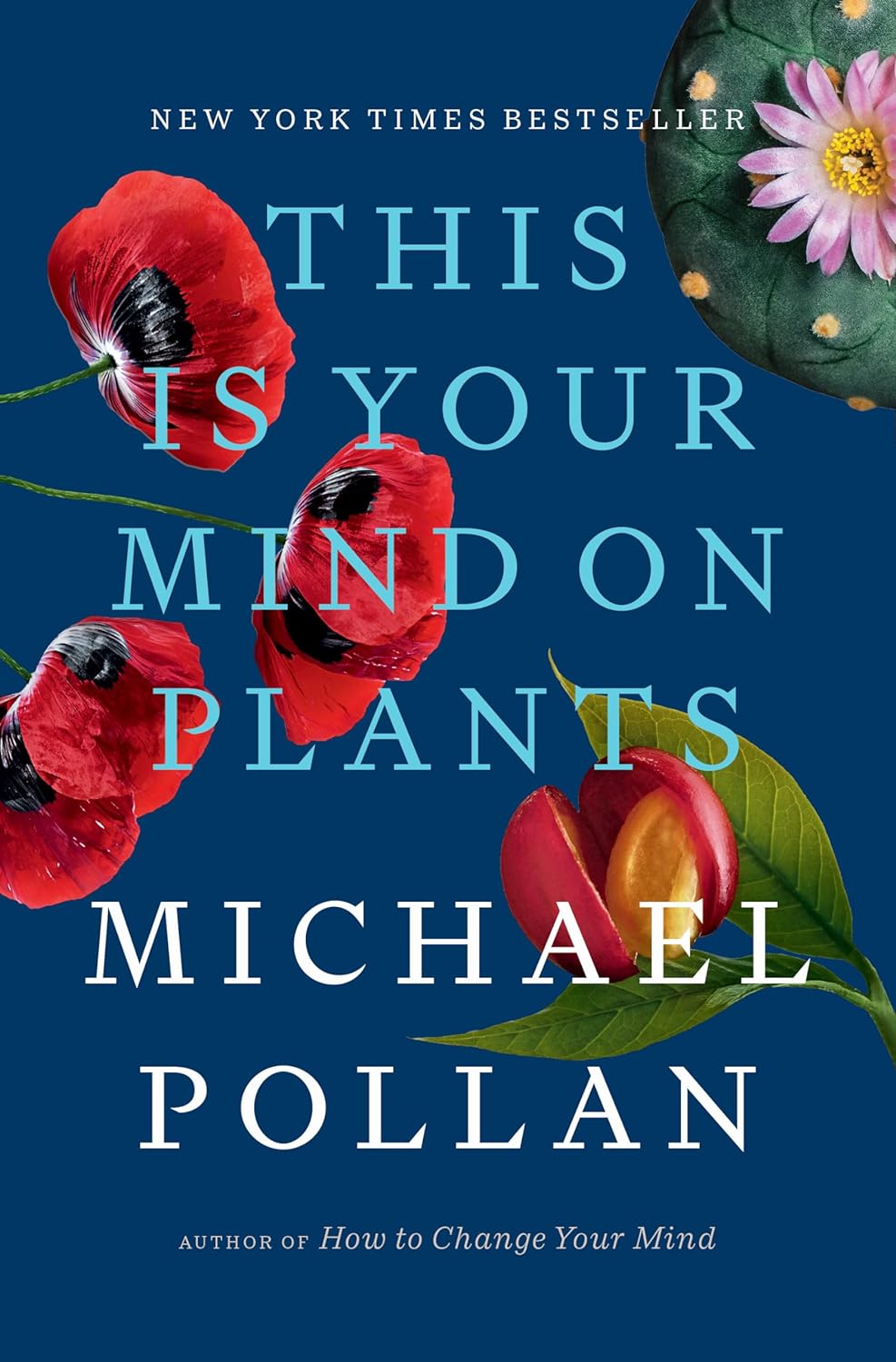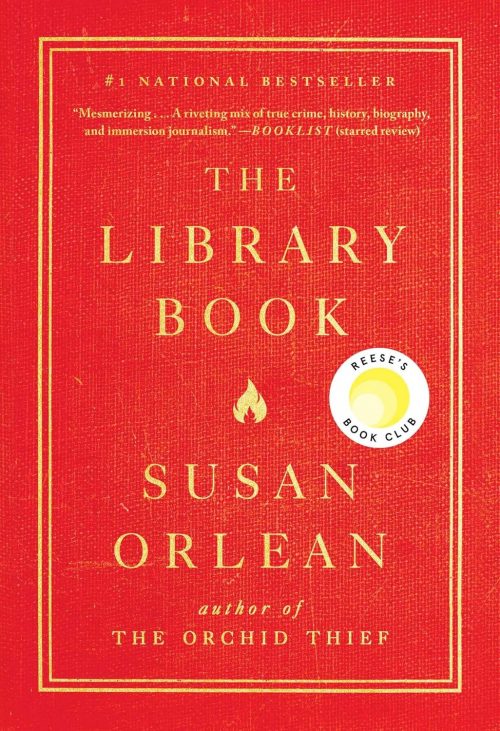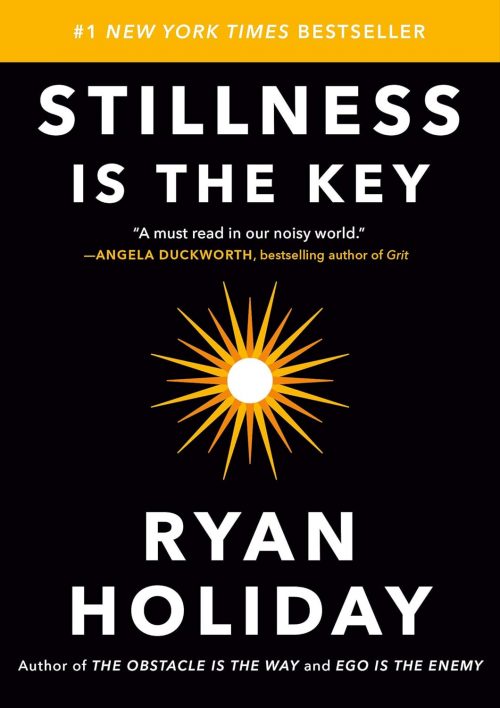This Is Your Mind on Plants
In his latest offering, This Is Your Mind on Plants, Michael Pollan, celebrated author and fervent explorer of the botanical world, presents a compelling and intricate examination of the human relationship with psychoactive plants. Known for his bestsellers like The Omnivore’s Dilemma and How to Change Your Mind, Pollan once again marries scholarly research with a personal narrative to question the ethical and cultural constructs surrounding what we consume.
This book ambitiously tackles a trio of psychoactive substances: opium, caffeine, and mescaline. Each is dissected through a multifaceted lens combining history, science, and memoir, challenging the reader to reconsider what constitutes a drug. Pollan navigates these waters with a steady hand, informed by his trademark inquisitiveness and a genuine respect for the natural world.
Pollan’s exploration begins with the seemingly innocuous, globally embraced stimulant: caffeine. The journey here is both inward and expansive as he delves into its history and societal acceptance, probing why something as chemically influential as caffeine is seldom viewed through the same stern optic granted to other psychoactive substances.
The narrative then shifts to a more controversial terrain with opium. Pollan reflects on the plant’s complex history, its medicinal beginnings, and its journey to becoming one of the most legally and morally challenged substances. This section, based on an essay penned decades prior, not only reflects on the personal ramifications of Pollan’s earlier publication but also on how public and legal perspectives on drugs can shift dramatically over time.
Finally, the exploration of mescaline introduces a cultural and spiritual framework. Pollan doesn’t merely offer a recount of its psychedelic effects but also a thoughtful commentary on the cultural sanctity and ritualistic importance among indigenous peoples. This is perhaps where Pollan best illustrates his central thesis, the arbitrariness of the societal and legal contrasts drawn between substances.
Pollan writes with an engaging clarity, weaving anecdotes and research into prose that is both educational and profoundly personal. His participatory approach does not undermine the scientific credibility of his work but enhances the reader’s engagement. The interplay of narrative and investigative journalism invites readers to ponder deeply about nature’s role in shaping human thought and culture.
However, where the book occasionally struggles is in its ambitious scope. At times, the narrative may seem stretched over vast and complex terrains, leaving some areas less thoroughly explored than others. This is particularly noticeable in the transitions between the very personal journey with caffeine and the broader cultural histories of opium and mescaline.
This Is Your Mind on Plants ultimately serves as a radical mirror reflecting our intricate and often inconsistent attitudes towards different states of consciousness. Pollan is not merely informing but also challenging us to question the ‘why’ and ‘how’ of our culturally ingrained habits and legal structures.
Rich in detail and perspective, Pollan’s book is a significant contribution to the ongoing dialogue about drugs, society, and human consciousness. It is a must-read for anyone interested in understanding the profound connections and dissonances between our societal constructs and the natural world.









Reviews
There are no reviews yet.